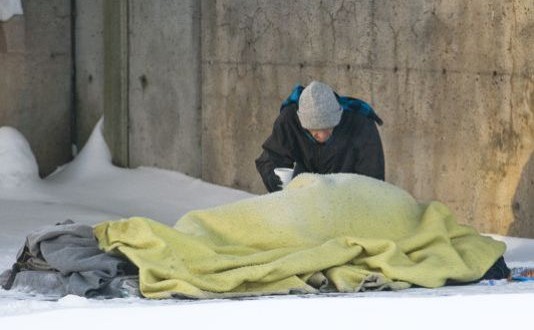As we brace for blazing temperatures this summer a new study reveals cold weather causes far more deaths than hot weather.
“It’s often assumed that extreme weather causes the majority of deaths, with most previous research focusing on the effects of extreme heat waves. Our findings … show that the majority of these deaths actually happen on moderately hot and cold days, with most deaths caused by moderately cold temperatures,” Antonio Gasparrini, PhD, department of medical statistics, London School of Hygiene and Tropical Medicine, said in a press release.
To assess weather-related mortality rates, ranging from moderate to extreme temperatures, researchers evaluated daily data on mortality, temperature, humidity and air pollution from 384 locations across 13 countries. Countries included Australia, Brazil, Canada, China, Italy, Japan, South Korea, Spain, Sweden, Taiwan, Thailand, the U.K. and the U.S.
Researchers analyzed 74,225,200 deaths that occurred between 1985 and 2012. Overall, 7.71% of these deaths were attributed to nonoptimal temperatures. However, significant variations were seen between locations, ranging from 3.37% in Thailand to 11% in China.
Results demonstrated that 7.29% of weather related mortalities were related to colder temperatures, compared with only 0.42% related to warmer temperatures. Temperatures that were considered “extreme” were responsible for only a small proportion of weather-related deaths, less than 1%.
“Current public-health policies focus almost exclusively on minimizing the health consequences of heat waves. Our findings suggest that these measures need to be refocused and extended to take account of a whole range of effects associated with temperature,” Gasparrini said in the release.
In an accompanying editorial, Keith Dear, PhD, and research assistant Zhan Wang, of the Global Health Research Center, Duke Kunshan University, China, pointed out that while Gasparrini and colleagues’ study has several limitations, including not factoring in age, socioeconomic status and air pollutants, the study sets a good starting point for future research.
“Since high or low temperatures affect susceptible groups such as unwell, young and elderly people the most, attempts to mitigate the risk associated with temperature would benefit from in-depth studies of the interaction between attributable mortality and socioeconomic factors, to avoid adverse policy outcomes and achieve effective adaptation,” they said.
Agencies/Canadajournal
 Canada Journal – News of the World Articles and videos to bring you the biggest Canadian news stories from across the country every day
Canada Journal – News of the World Articles and videos to bring you the biggest Canadian news stories from across the country every day




Well DUH! Zero degrees kills, 90 does not.